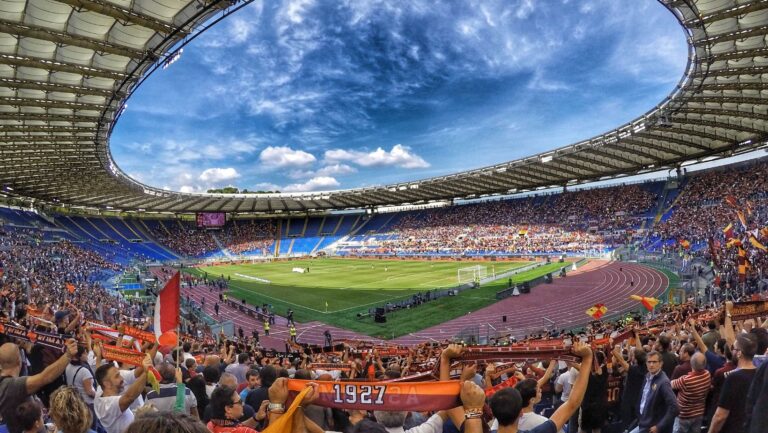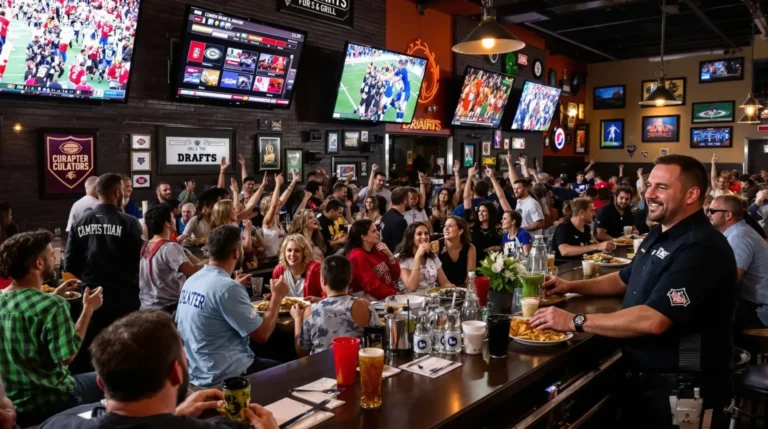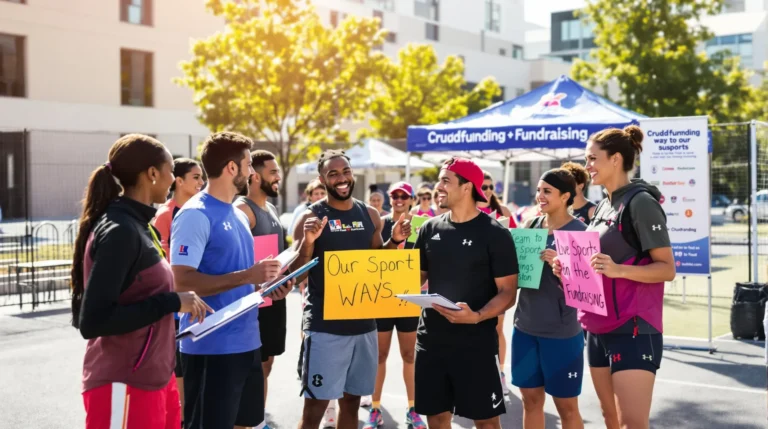Blackjack and soccer might seem worlds apart, but both rely on calculated moves, sharp instincts, and strategic decision-making. When examined closely, the tactics used by soccer players on the field offer surprising insights into mastering the blackjack table. Whether it’s reading the game, managing risks, or capitalizing on opportunities, lessons from soccer provide a fresh perspective on achieving success in blackjack.
Reading the Game: Anticipate and Adapt
In soccer, a player’s ability to read the game determines their success. Skilled athletes analyze their opponent’s movements and predict their next play. Similarly, blackjack demands constant attention to the cards dealt and the dealer’s upcard. Just as a soccer player positions themselves strategically based on the opponent’s lineup, a blackjack player must adjust their strategy to match the situation.
For instance, if the dealer’s upcard is a 6 (a weak position), the optimal move is to play conservatively. Avoiding risky hits and letting the dealer potentially bust mirrors the patience soccer players display when holding possession, waiting for their chance to strike. On the other hand, when the dealer shows a 10, players must shift gears, making aggressive yet calculated decisions—similar to a counterattack in soccer.
The takeaway? Success lies in adaptability. Whether on the field or at the table, staying alert and flexible enhances decision-making. If you’re ready to put these strategies into action, you can play blackjack today and see how applying a tactical mindset can elevate your game.
Calculated Risks: When to Push and When to Hold Back
Soccer teams often weigh risks before committing to an aggressive play. Charging forward without adequate backup can leave the defense exposed, costing them the game. Blackjack players face similar dilemmas when deciding to hit, stand, or double down. Calculated risks, grounded in logic, separate skilled players from impulsive ones.
Consider doubling down—a high-risk move with high reward potential. A soccer parallel is committing players forward for a last-minute goal. When the conditions are right, such as holding a strong hand like 11 against a dealer’s 5, doubling down can lead to a significant gain. However, doubling down recklessly without considering the dealer’s upcard is akin to attacking blindly and leaving your goal undefended.
In both scenarios, success hinges on understanding probabilities and knowing when to seize opportunities.
Teamwork vs. Solo Play: Blackjack is a Personal Strategy Game
While soccer thrives on teamwork, individual players shine through their ability to make split-second decisions. Blackjack, by contrast, is a solo game, but that doesn’t mean external influences are irrelevant. The unwritten “teamwork” in blackjack arises from table etiquette and communal efforts to beat the house. For instance, avoiding unnecessary hits that disrupt the table’s rhythm can indirectly benefit everyone.

Much like a soccer midfielder deciding whether to pass or dribble, blackjack players must think beyond their immediate gain. Strategic decisions—like staying on a borderline hand rather than risking a bust—can influence the dealer’s cards, potentially benefiting all players at the table.
Balancing personal strategy with awareness of the table’s dynamics mirrors the dual role soccer players must master: individual skill and team contribution.
Mental Discipline: Staying Cool Under Pressure
Soccer games are often won or lost in the final minutes. The ability to stay composed under pressure separates champions from the rest. Blackjack players face a similar mental battle, especially during streaks—good or bad. Succumbing to frustration or overconfidence can derail even the best strategies.

Professional soccer players practice mental discipline to avoid reckless fouls or panicked plays in high-stakes moments. Similarly, blackjack players must resist the temptation to chase losses or deviate from basic strategy after a few bad hands. Staying grounded, focusing on probabilities, and remembering the long-term nature of the game are critical to maintaining control.
By maintaining composure and sticking to a well-honed strategy, players increase their chances of success, whether they’re defending a lead or doubling down on a favorable hand.
Conclusion
Blackjack and soccer both demand more than luck; they require keen observation, strategic thinking, and mental resilience. Drawing inspiration from soccer’s tactical playbook offers blackjack enthusiasts a new lens for sharpening their skills. The key lies in reading the situation, making calculated decisions, and maintaining composure under pressure.






